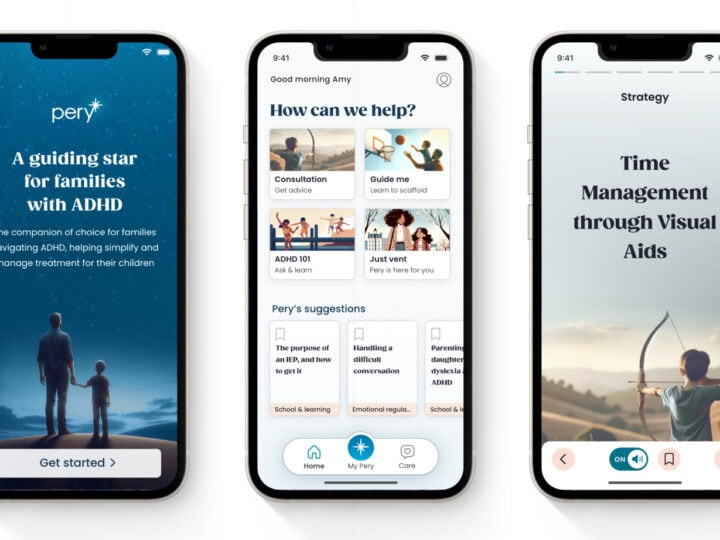For people with attention deficit hyperactivity disorder (ADHD), there’s some bad news and some good news from Israeli researchers regarding Covid-19.
The bad news: According to a study led by Dr. Yevgeny Marzon of Leumit Health Services, people with ADHD who were not treated with medication were 68 percent more likely to be infected with the novel coronavirus, possibly because of difficulty maintaining social distance, wearing facemasks and keeping quarantine restrictions.
The good news: The expected probability of recovery from Covid-19 increases from 0.41% in countries with a relatively low incidence of ADHD (3%) to 1.20% in countries with a relatively high incidence of ADHD (13%).
“Can Increased Recovery Rates from Coronavirus be Explained by Prevalence of ADHD? An Analysis at the US Statewide Level” was published recently in Journal of Attention Disorders by Dr. Yuval Arbel of Western Galilee College, Dr. Haim Fialkoff of the Hebrew University of Jerusalem, Dr. Amichai Kerner of Netanya Academic College and Dr. Miryam Kerner of the Technion School of Medicine.
They analyzed data from 50 states and four US-held regions, examining the relationship between the prevalence of ADHD in adults relative to the population of each region as of 2011, and indices of infection, recovery and mortality from Covid-19 as of August 2020.
“Findings suggest that, while there are no correlations between ADHD and population size, infection and mortality rates from coronavirus, recovery rates (recovery-population ratio) rise with the prevalence of ADHD,” they wrote.
“Consequently, a possible explanation is that in coping with the disease, ADHD might provide an evolutionary advantage. An example of this phenomenon can be found in the gene that causes sickle-cell disease, which, as a non-dominant gene, helps [the body] cope with infection from malaria.”
Arbel said he and his colleagues hypothesize that people with ADHD may have inherited genetic benefits that help their immune systems fight Covid-19.
The researchers say that if their conclusion is corroborated by further studies, policymakers could consider relaxing, or even eliminating, coronavirus rules in ADHD classrooms.

















